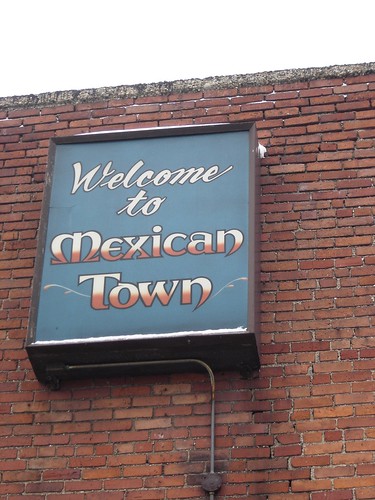Hispanic Businesses Fight Downturn in Detroit: FI2W's Martina Guzmán on Latino USA
Nationally-syndicated radio show Latino USA featured one of FI2W reporter Martina Guzmán’s recent pieces this weekend.
You can listen to it here:
[audio:http://www.utexas.edu/coc/kut/latinousa/stationservices/podcast/2009/02/0206_01_lusa_podcast.mp3]
From Latino USA‘s website:
“The numbers are bad, and they just keep coming. Home Depot reports 7,000 jobs lost, and as Circuit City closes its doors, 4,000 more disappear. Car sales haven’t been this low in 27 years, and everywhere we look there are more signs of the times. In south Boston, Esther’s Country Kitchen leaves a note on the door reading, ‘Due to budget cuts, the light at the end of the tunnel is being turned off.’ Still, Americans continue to look for a bright spot. Some are finding a glimmer in what might seem to be a surprising place: immigrant neighborhoods.
“As part of Latino USA’s ongoing series focused on immigrants, New American Voices, we take a look at Detroit, and the dynamics of immigrant businesses inside their communities and beyond. Though Michigan’s unemployment rate is hovering at 10%, and people are leaving the state in droves, there is also an influx of immigrants. Martina Guzman reports on one community in Detroit that is holding the torch for Michigan with energy and undeniable growth.”
You can also listen to a conversation between Latino USA anchor María Hinojosa and John Austin of the New Economy Initiative For South East Michigan about how immigrant businesses help the city’s economy.
The interview is on this page, where you can also listen to the whole show.









 opes by killing the Immigration Reform bill.
opes by killing the Immigration Reform bill.
